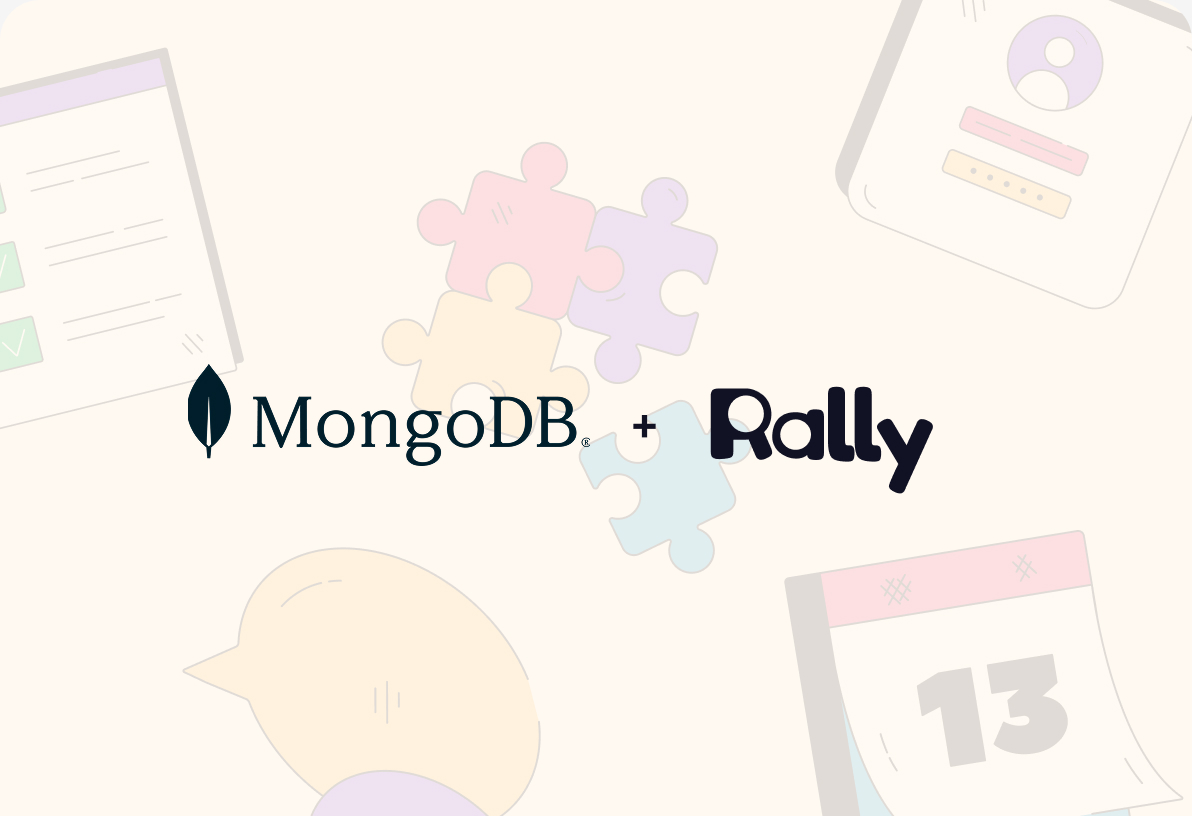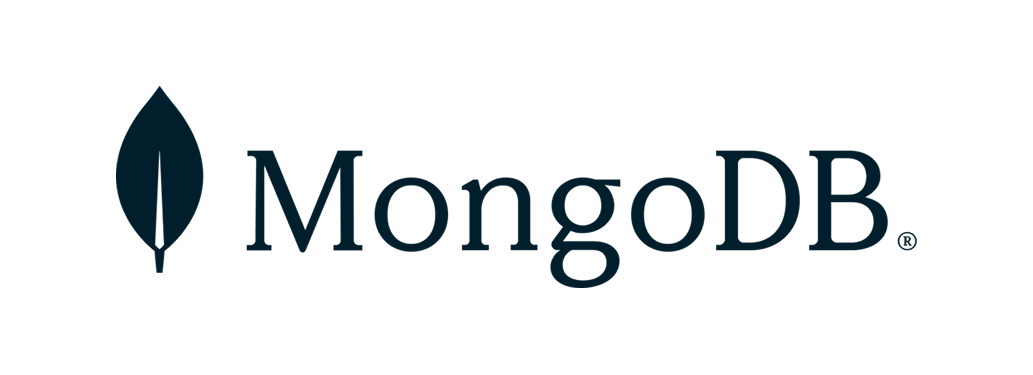




To keep pace with the rapid evolution of its products and markets, MongoDB's UX Research group has long sought ways to scale research beyond its core team of dedicated researchers. The goal: empower more designers, product managers, and other stakeholders to talk directly with customers and incorporate user insights into their work without the Research Group having to micro-manage every user interaction.
As Crystal Kubitsky, UX Research Operations Lead at MongoDB, explains: "We want to democratize research and encourage everyone to connect with customers. My job is to enable that to happen more effectively, with the right tools, processes, and responsible research practices."
"All of MongoDB's product managers and designers are empowered to speak to customers as often as they like. Our job in Research Ops is to make sure those conversations are effective, have research rigor, and that the data benefits everyone -- but without slowing down the pace of innovation or interrupting the user feedback loop."
“We did a huge investigation into what our old vendor could provide and shared our grievances with them, but ultimately decided that we needed to find an alternative solution to support an already democratized setting.”
Before adopting Rally UXR, MongoDB faced several challenges with its previous research platform.
Their legacy research management solution had limited participant database capacity (capped at 5,000), inflexible study-editing once launched, minimal permission controls, and a cumbersome process for managing global incentives that drive participation in studies.
According to Kathy Shi, Research Operations Program Manager at MongoDB, "We had duplicated studies, challenges with contacting participants, and no way to centrally govern who could access what."
"You don't want to overburden users that are willing to give feedback, but it's hard to track that when every study or survey group is its own Google Sheet, and those sheets get copied and passed around."
"Same for the survey results. Everyone copied the results into their own spreadsheets so they could play with the data, so now there are different sets of results floating around, and no one knows what's real. Rally centralized everything, so we have a single source of truth."
Additionally, scaling research participation across teams was increasingly difficult. As more non-researchers wanted to conduct studies, MongoDB needed stronger guardrails and support systems to empower these stakeholders.
Letting other departments have direct access to users and survey participants is critical for shortening the user feedback loop, but an ungoverned process can lead to participant burnout, duplicate efforts, biased feedback samples, and research data scattered throughout the organization where only a handful of employees can benefit from it. This problem only grows worse as your organization scales, as MongoDB found out.
Neha Khandavalli, UX Researcher at MongoDB, explained the size of the problem. "I support research for the Growth Team, which has six squads that each support different moments on the user journey. And to get participants, our Customer Support Managers usually had to be a dependent variable for us to get to the customer. That process has been really time consuming and would delay project timelines. It would take a while for us to actually talk to the customer because they're just typically really busy."
For MongoDB, there was growing pressure to find a solution that could both scale access to, and maintain quality and control of, user feedback without getting in the way of a successful research culture.
After an extensive evaluation of vendors, MongoDB selected Rally UXR for its flexibility, robust governance features, and ease of use.
MongoDB has taken advantage of:
- Customizable Roles and Permissions: MongoDB implemented a "Researcher Lite" role to give designers limited but sufficient access to conduct studies while maintaining necessary controls. As those researchers and stakeholders learned the process, they could graduate to more robust roles with more flexibility to build and launch studies, all while Research Ops can oversee the process and support when necessary.
- External Participant Recruitment: Rally partners with Respondent to provide access to +3 million active participants. Researchers can recruit users (and non-users) from Respondent’s panel in minutes. Crystal raved about the power of the Respondent integration: "It's such a standout augmentation to recruiting that is really changing the game for us with the speed that Respondent can reach people -- high-quality people -- to supplement our other recruiting strategies."
- Automated Scheduling and Incentive Management: Rally's intuitive scheduling tools and incentive workflows reduced administrative overhead for Research Ops. No more manually populated spreadsheets and calendars. The impact has been significant for Kathy: "Rally has given me more space to work on bigger initiatives that either would have taken me a lot more time to do in past lives or I wouldn't have been able to get to at all because of all of the day-to-day overhead of cranking out these last-minute studies."
- Reusable Templates and Screener Logic: Study templates and advanced screeners allowed teams to spin up studies quickly and consistently, making sure participants were always qualified in the same way to the same standards. Contrary to expectation, these guardrails helped researchers move faster and more freely, rather than being slowed down waiting for oversight. As Crystal put it: "All of our researchers and designers feel better equipped to be able to move forward at pace within their project timelines to evaluate concepts. They just use our templates and trust that the rules are working."
"Rally's level of control and flexibility was what made the difference," Crystal shared.
"We needed something that could balance democratization with governance. Rally gave us both."
Ksenia Samokhvalova, a Design Lead at MongoDB, highlighted how this impacted her team: "At MongoDB, we want to practice user-centered design, not stakeholder-centered design. That requires the UX team to have easy access to users. Rally dramatically simplified study setup and logistics. It reduced the time investment for study setup, so we could test more frequently and resolve debates with real user data rather than opinions."
MongoDB has enabled over 70 team members across research, design, and soon, product management, to conduct research.
Today, more people across the organization talk directly to users, leading to faster, more informed product decisions.
Key Outcomes:
- 70+ Active Researchers Across the Organization: Rally's guardrails empowered designers (and soon, PMs, engineers and other stakeholders) to run their own studies, while Research Ops retained oversight.
- 100,000+ Participants Managed: Rally's unlimited participant capacity and access to Respondent’s external panel unlocked access to both internal and external customer pools.
- Faster Research, Tighter Deadlines: "Rally enabled us to quickly pivot recruitment targets and meet tight product deadlines," shared Elena Woiciechowska, a Senior UX Researcher at MongoDB. "We could switch audiences mid-stream and still deliver insights on time. I didn't have to try to juggle everything using Google Sheets. Rally makes it simple and fool-proof, so we can be nimble and effective."
- Reduced Administrative Overhead: With scheduling, incentives, and participant management automated, Research Ops could focus more on strategic enablement rather than manual logistics.
- More Stakeholder Engagement: Rally's Observer Room feature allows PMs, engineers, and Product leadership to watch sessions live, fostering greater empathy and faster product decision-making. "It brings the user voice directly into product conversations," said Ksenia.
Rally UXR helps MongoDB support a fully democratized research culture.
By adopting Rally UXR, MongoDB has the correct tools and strategies in place to support a fully democratized research culture while maintaining the necessary controls to ensure high-quality, compliant studies. The ability to empower 70+ non-researchers to conduct moderated and unmoderated studies has transformed MongoDB's research culture, making user insights more accessible across the organization.
"Rally has been a game-changing tool for us," Crystal emphasized. "It’s enabled us to scale our research function, improve collaboration, and ultimately make better product and business decisions."
Rally made it possible for us to have a truly user-centered design and research practice. You don't have to commission a study; our research is self-serve."
As MongoDB continues to grow, Rally remains a central pillar in ensuring the voice of the customer stays embedded in every product conversation.
Rally’s Research Ops Platform enables you to do better research in less time. Find out how you can use Rally to empower your teams to talk to their users, without disjointed tooling and spreadsheets. Explore Rally now by setting up a demo.

